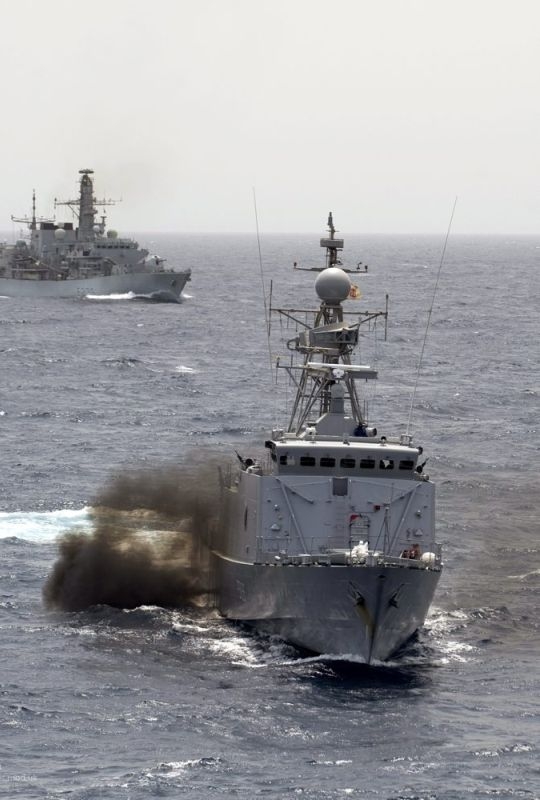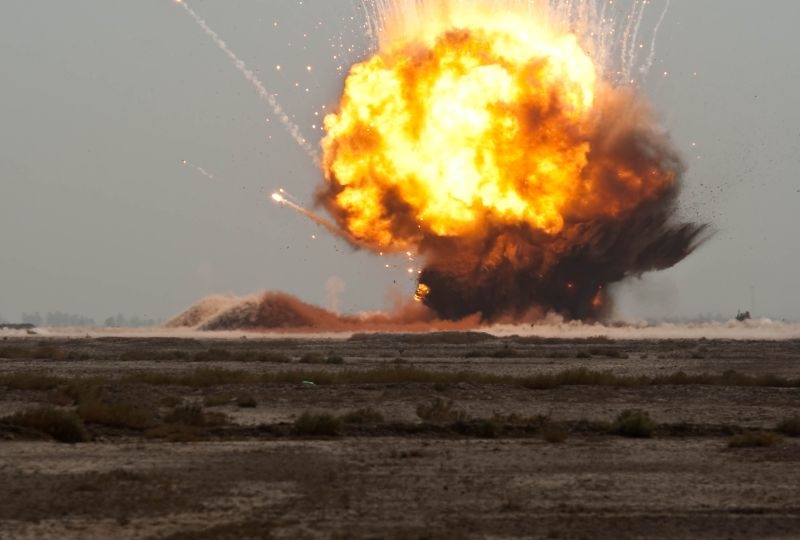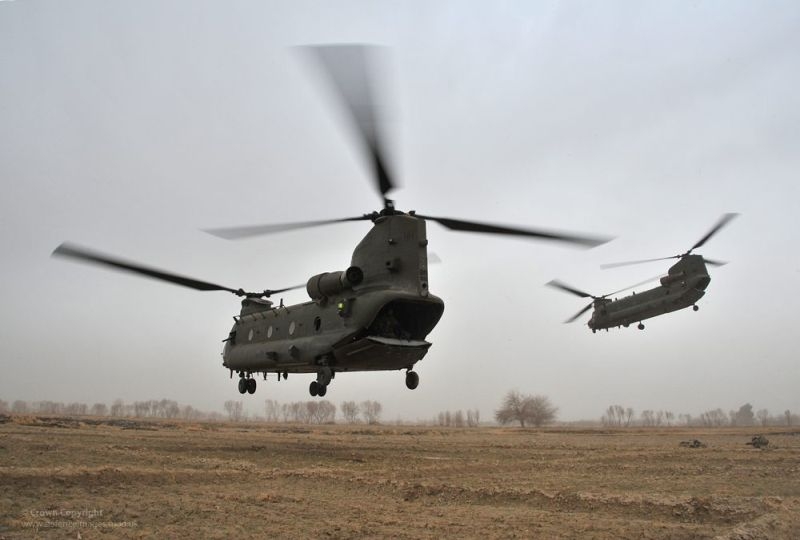The book provides an overall account of the contemporary law of war and a detailed inquiry into whether states should be able to continue to claim so-called belligerent rights over their enemies and those accused of breaching expectations of neutrality, including those ancient rights connected to booty, blockade and enemy property at sea.
‘The point I want to highlight is that old ideas about what is permissible in war have survived when many of them should have been buried along with the legal institution of War’ explains Professor Clapham.
In his analysis, Professor Clapham separates the old idea of War with a capital ‘W’, which allowed states to claim belligerent rights based on the ancient practice, from today’s reality where armed conflicts and contemporary wars are regulated by detailed treaty provisions.
He concludes that claiming to be in a war or an armed conflict does not grant anyone a licence to kill people, destroy things, and acquire other people’s property or territory.












